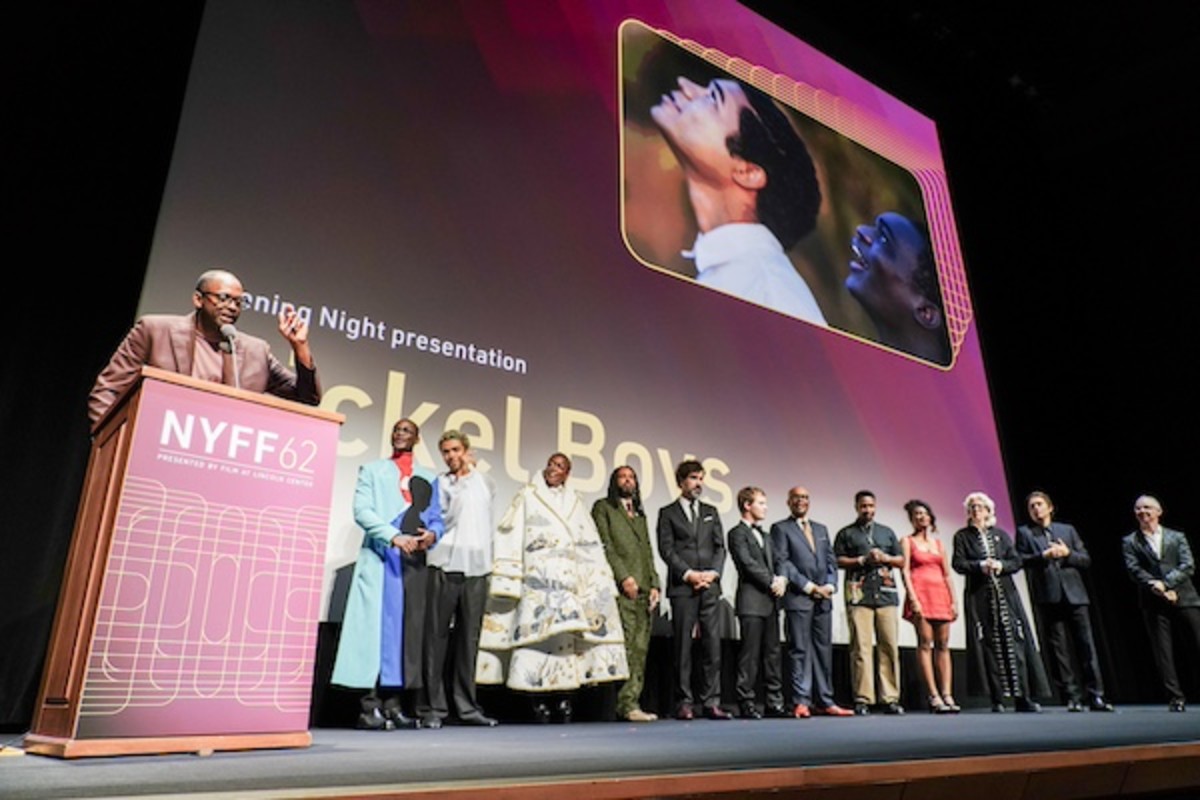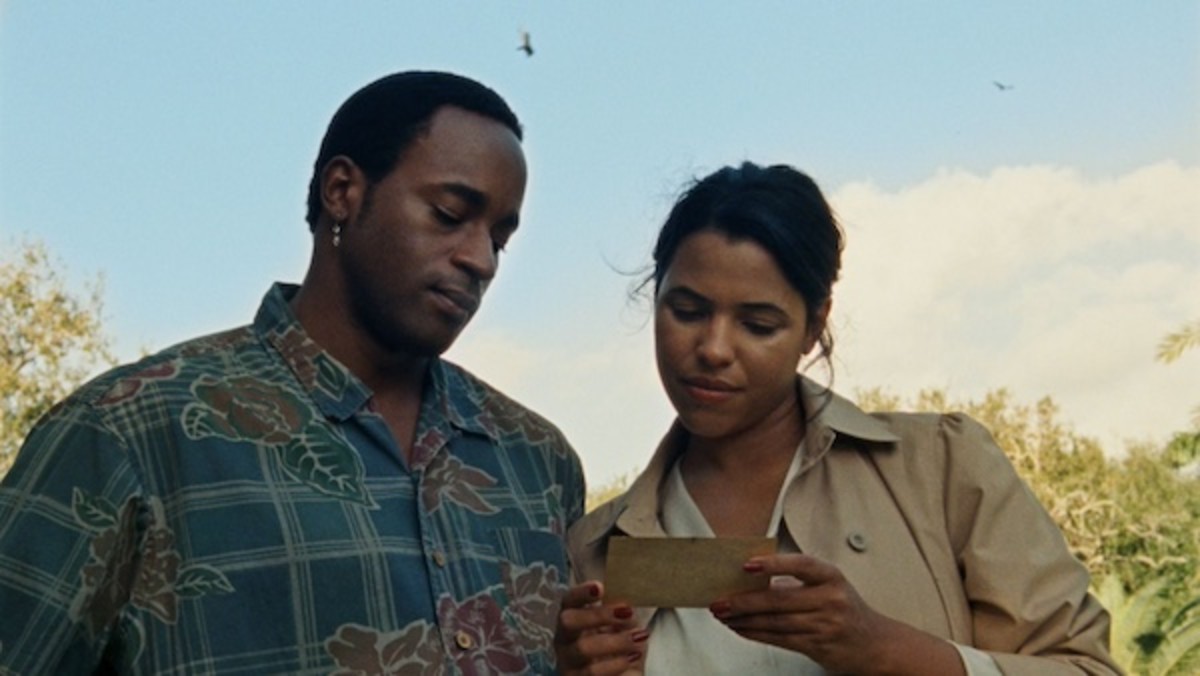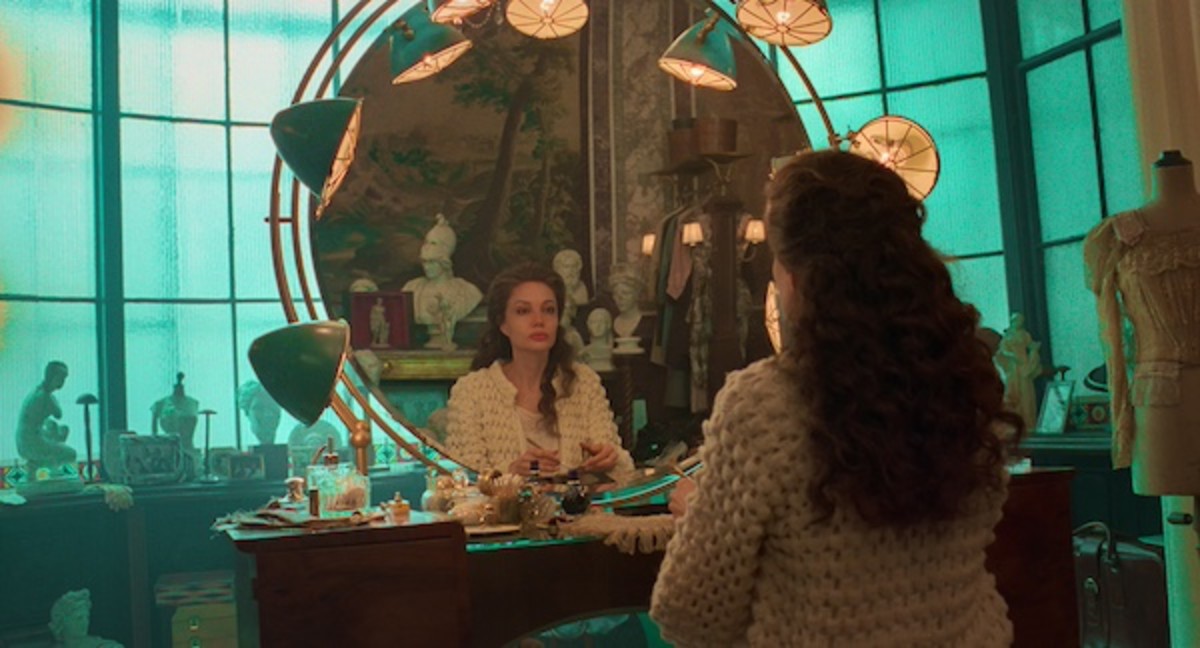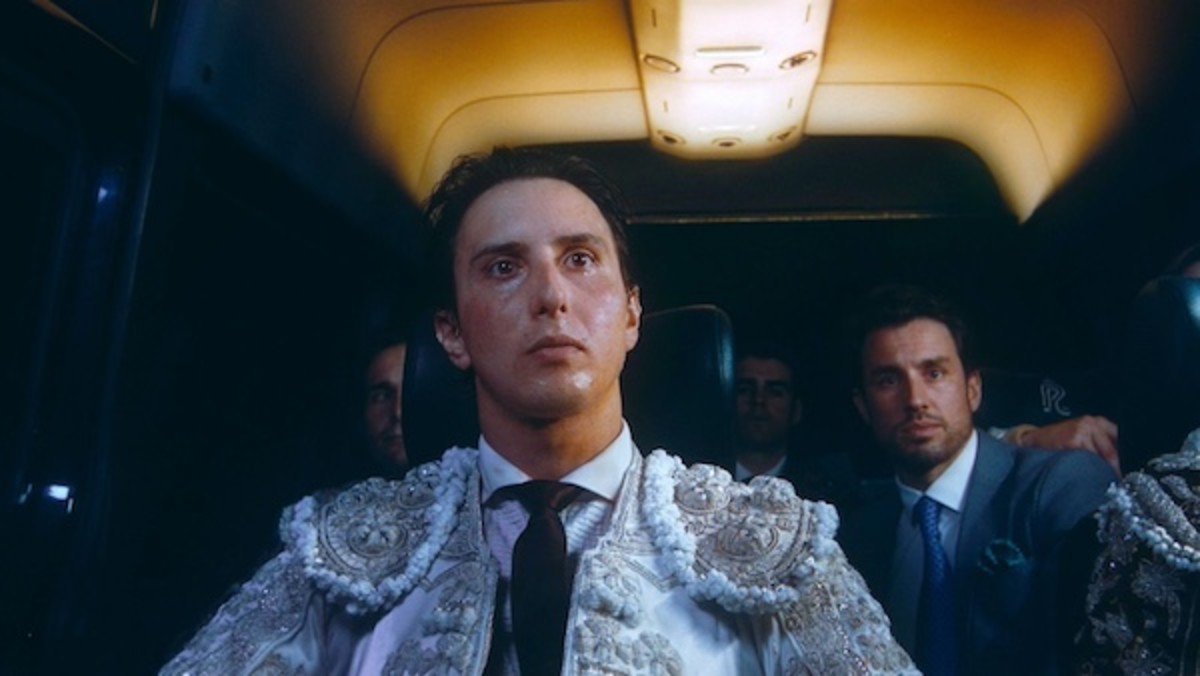Whether subtly navigating the past and the present, tackling the erasure of history, examining the reliability and unreliability of memory, or reproducing and recreating historical events, these films are thought-provoking and challenge the viewers’ expectations.
Susan Kouguell Senior Contributing Editor Script Magazine
At the 2024 New York Film Festival, Nickel Boys, The Ballad of Suzanne Césaire, Maria, and Afternoons of Solitude offer varying approaches in their depiction of actual events.
Categorized as a book adaptation (Nickel Boys), an anti-biopic (The Ballad of Suzanne Césaire), a biopic (Maria), or documentary (Afternoons of Solitude), these films convey their work with distinct sensibilities. Whether subtly navigating the past and the present, tackling the erasure of history, examining the reliability and unreliability of memory, or reproducing and recreating historical events, these films are thought-provoking and challenge the viewers’ expectations.

Directed by Oscar-nominated documentarian and photographer, RaMell Ross, and co-written by Ross and Joslyn Barnes, based on the Pulitzer Prize-winning novel by Colson Whitehead, Nickel Boys chronicles the powerful friendship between two Black teenagers navigating the harrowing trials of reform school together in Florida. Whitehead’s book is inspired by the Dozier School, a Florida reformatory in business for over a century with a brutal history in the Jim Crow south. After it closed, authorities discovered 100 unmarked graves of boys, mostly Black youths, subject to horrific treatment.
Ross’s film challenges the viewer how and where to look, taking us inside the characters’ POV; we see what they see. (This POV experience is achieved through different cameras that the actors wear.) Ross’s inventive visual approach also reflects on how and what we remember. Discussing the use of archival materials at the press conference, Ross referenced how this further enhanced the storytelling process; it was his way of depicting history – replacing or reproducing an archive that doesn’t exist. Nickel Boys powerfully challenges traditional narrative conventions both in the film’s structure and its approach to subjectivity.

A lush and poignant film Madeleine Hunt-Ehrlich The Ballad of Suzanne Césaire can be described as an anti-biopic in its approach to portraying the Martinique writer Suzanne Césaire Forgotten to history is a major theme of this meditative and nontraditional narrative. Known as a feminist activist and a member of the Négritude movement in Paris in the 1930s, she was overshadowed by her husband, the poet and politician Aimé Césaire. In the film, the actress Zita Hanrot, who portrays an actress, portraying Suzanne Césaire states, “We are making a film about an artist who didn’t want to be remembered”.
Filmmaker Madeleine Hunt-Ehrlich employs voice-over and direct address to elicit Césaire’s writing and her reckoning with motherhood (she had six children and worked full-time as a schoolteacher), in an inventive and memorable melding of documentary and narrative traditions. Shot in 16mm, fragments of Césaire’s life and work are revealed in non-chronological order and in various ways, among them – cast and crew read from her work, as well as actor reenactments.

Directed by Pablo Larraín and written by Steven Knight, the biopic Maria has garnered Angelina Jolie’s portrayal of the American-born, Greek renowned opera singer Maria Callas, a great deal of buzz at international film festivals. Chilean director Larraín’s prior acclaimed historical biopics Jackie (about Jacqueline Kennedy) and Spencer (about Princess Diana), Maria has been described as his third entry in an unofficial trilogy about world-famous women dealing with the blinding glare of celebrity while at emotional crossroads.
Maria reimagines Callas’s final days of the legendary soprano’s life as she negotiates her public image and private self. Employing the device of a small film crew to interview Callas, segments of her life are revealed in flashbacks and fantasy scenes. The film often focuses on Jolie in many close-ups in an almost suffocating manner. Perhaps it’s a conscious commentary on the male gaze or metaphor for the scrutiny Callas faced as an icon. Nevertheless, for those unfamiliar with Callas’s life, they may be sparked to learn more or frustrated that more of her background was revealed in the screenplay.

A portrait of the charismatic Peruvian-born star torero, Catalan filmmaker Albert Serra captures the physical and emotional brutality of bullfighting in his new documentary. With minimal dialogue amongst his subjects and no voice-over, the film relies on visual storytelling, as it follows Andrés Roca Rey in and outside the bullfighting ring.
This visceral and visually sumptuous documentary is also an unrelenting witnessing of several bulls’ devastating demise. The film underscores the violence and spectacle of what some consider performance art in a man versus animal fight for survival. This film does not rely on clever gimmicks, it conveys the subject matter and subjects with an unflinching eye.